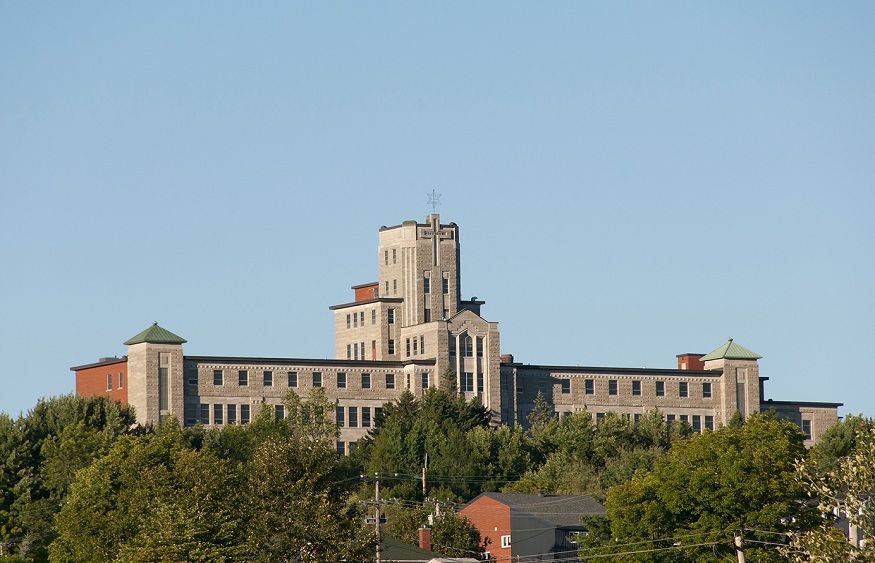Due Diligence Before Buying Commercial Real Estate in Canada

Commercial real estate investments can offer significant potential for growth and income generation. However, conducting thorough due diligence is crucial to ensure that the property aligns with your investment goals and to minimize the risks associated with commercial property ownership. In Canada, various factors need to be considered when evaluating a commercial real estate investment, including zoning regulations, environmental assessments, financial performance, and legal considerations. In this article, we will discuss the key elements of due diligence before buying commercial real estate in Canada, providing valuable insights and guidance to help you make an informed decision.
1. Property Inspection and Assessment
Before purchasing a commercial property in Canada, it’s essential to conduct a thorough inspection and assessment of the property’s condition. This includes evaluating the building’s structural integrity, mechanical systems, electrical systems, plumbing, and roofing, as well as assessing the overall condition of the property’s interior and exterior. Hiring a professional property inspector with experience in commercial real estate is recommended to ensure a comprehensive evaluation.
Choosing the best type of professional home cleaning is a wise investment in real estate to enhance its appeal and market value. Expert cleaners efficiently tackle tough stains and ensure every corner is immaculate, leaving a lasting impression on potential buyers or renters. Additionally, professional cleaning extends the lifespan of fixtures, reducing the need for costly replacements and maximizing your property’s value.
Additionally, it’s important to consider the property’s accessibility, parking facilities, and any potential upgrades or improvements that may be required to meet your needs or the needs of your tenants. Be sure to factor in any anticipated repair or renovation costs when assessing the property’s overall value and potential return on investment.
2. Zoning and Land Use Regulations
Understanding zoning and land use regulations is critical when purchasing commercial real estate in Canada. Zoning bylaws dictate the allowable uses for a property and can impact your ability to carry out your intended business operations or lease the property to specific types of tenants. Before buying a commercial property, it’s essential to:
- Verify the property’s zoning designation and ensure that it aligns with your intended use.
- Review any restrictions or limitations imposed by zoning bylaws, such as building height, lot coverage, or parking requirements.
- Investigate potential rezoning or variance applications, if necessary, to accommodate your intended use. Keep in mind that such processes can be time-consuming and may not always be successful.
3. Environmental Assessments
Conducting environmental assessments is an important aspect of due diligence when purchasing commercial real estate in Canada. These assessments help identify potential environmental risks associated with a property, such as soil contamination, groundwater contamination, or hazardous materials. Phase I and Phase II Environmental Site Assessments (ESAs) are commonly conducted during the due diligence process.
- A Phase I ESA involves a review of historical records, a site visit, and interviews with relevant parties to identify potential environmental concerns.
- A Phase II ESA may be recommended if the Phase I ESA identifies potential environmental risks. This assessment involves soil, groundwater, or other sampling and testing to determine the presence and extent of any contamination.
Understanding the environmental risks associated with a property is crucial, as remediation costs can be significant and may impact the property’s overall value and potential return on investment.
4. Financial Analysis
Evaluating the financial performance of a commercial property is a critical aspect of the due diligence process. A thorough financial analysis should include:
- Reviewing historical financial statements and operating expenses to assess the property’s past performance.
- Analyzing current leases, tenant payment history, and vacancy rates to determine the property’s current income-generating potential.
- Conducting market research to evaluate local rental rates, occupancy rates, and property values, as well as potential future trends that may impact the property’s performance and comparing variables with other commercial properties for sale.
- Developing financial projections and cash flow models to assess the property’s potential return on investment and long-term financial viability.
5. Legal Considerations
Before purchasing a commercial property in Canada, it’s essential to address various legal considerations, including:
- Ensuring that the property has clear title, free from any liens or encumbrances that may impact your ownership rights. Engaging the services of a real estate lawyer to conduct a title search and review any legal documents associated with the property is highly recommended.
- Reviewing existing leases and tenant agreements to ensure compliance with local laws and regulations, as well as identifying any potential legal issues that may arise during the transfer of ownership. It’s crucial to understand your rights and responsibilities as the new landlord, as well as any potential liabilities that may be associated with the property.
- Investigating any outstanding permits, licenses, or approvals related to the property’s use, construction, or renovation. Ensure that all necessary permits and approvals have been obtained and are in compliance with local building codes and regulations.
- Evaluating potential tax implications, including property taxes, land transfer taxes, and other transaction-related taxes. Be sure to consult with a tax professional to understand your obligations and potential tax liabilities associated with the property acquisition.
Conclusion
Conducting thorough due diligence before purchasing commercial real estate in Canada is essential to minimize risks and ensure a successful investment. By carefully considering the property’s condition, zoning and land use regulations, environmental assessments, financial performance, and legal considerations, you can make an informed decision and select a property that aligns with your investment goals. A responsible step in this decision making process would be to hire a real estate professional so they can walk you through each step of the process.
Keep in mind that the due diligence process can be complex and may also require the expertise of other various professionals, such as property inspectors, environmental consultants, financial analysts, and real estate lawyers. Engaging the services of these experts can help you navigate the complexities of the commercial real estate market in Canada and ensure a successful investment experience.
FRENCH TAGS
- Comparer des variables avec d’autrespropriétéscommerciales à vendre
- Embaucher un professionnel de l’immobilier






